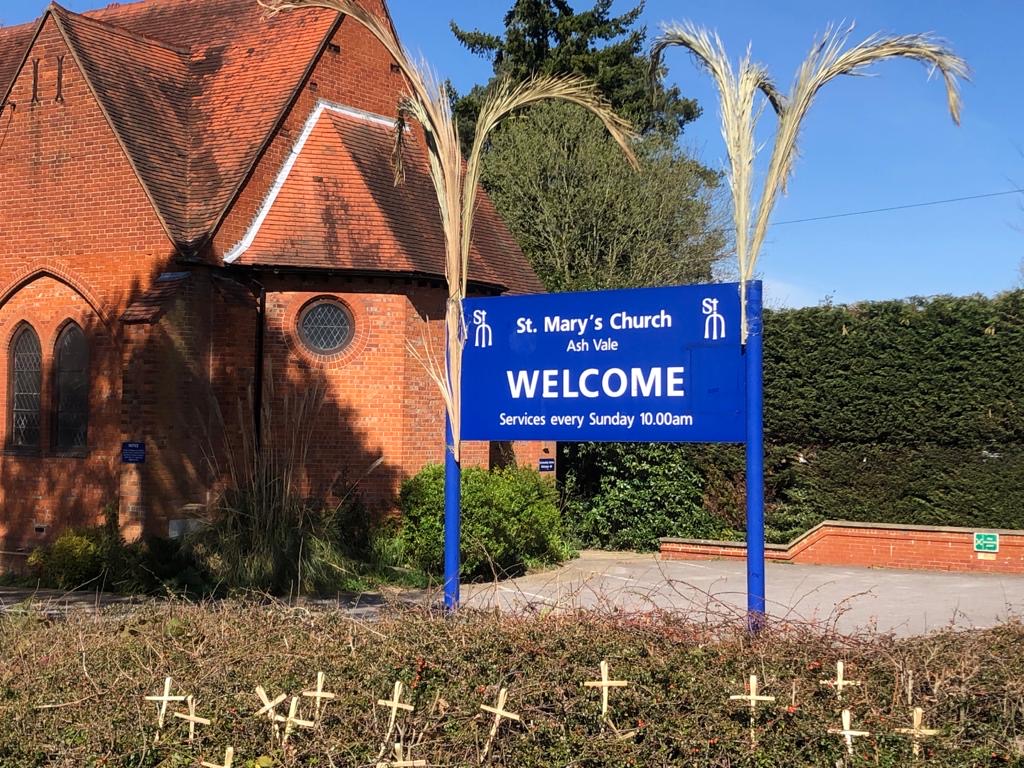By Helen Lambert
“There’s no such thing as bad weather – only unsuitable clothing!”* If you are someone who loves to be outdoors, you know the importance of being dressed for the season, especially in these winter months. You understand how the enjoyment and success of your activity depends very much on being properly prepared, dressed and equipped.
As we move from our Christmas celebrations to the reality of the New Year, we do not know what lies ahead – either for us personally, or for our nation and our world. We will undoubtedly encounter “bad weather” as well as good, but if the coming of Jesus Christ into our world, as we have just celebrated, has meant anything to us at all, then the way we approach all that lies ahead will be transformed. Our reading helps us to see what that might look like in practice.
The letter to the Colossians was written by Paul to a new church which was struggling to know how to live out their new faith – what to prioritise and how to behave. Earlier in the letter (1:15-20), Paul makes sure that his readers know that Christ is unique. This baby born in a stable “is the image of the invisible God…in him all things were created… God was pleased to have all his fullness dwell in him, and through him to reconcile to himself all things”. This is the miracle of Christmas – God himself living amongst us, and God himself restoring our broken relationship with him!
Paul then spells out what this miracle means for those who “have received Christ Jesus as Lord” (2:6) and those whom God has “made alive with Christ…when he forgave us all our sins” (2:13). He does this by telling them to be dressed appropriately for this new way of life.
What does Paul tell his readers to clothe themselves with? Think of people you know who demonstrate the five characteristics listed in v12 – what does this “clothing” enable them to do? Which of these do you recognise in yourself? In which situations do you find you are most able to show these? In which situations is it most difficult? Note that we are not expected to somehow “conjure up” these qualities ourselves, for elsewhere Paul tells us to clothe ourselves with Christ (Romans 13:14). It is his presence in our lives which enables us to develop the characteristics which makes us look like him, and when it gets difficult, he provides a pattern for us to follow. Could a situation, or relationship, that you are currently in be transformed by clothing yourself with one or more of these? We are given a specific example in v14. What is your natural reaction if you have a “grievance” against someone? It goes against the grain (and against our pride) to forgive those who have hurt us, especially if we believe them to be in the wrong – it is only if we cultivate compassion and humility that we can begin to forgive others in the way that we ourselves have been forgiven.
The “outer garment” is described in v 14 – what is it, and what effect does it have? Jesus reminded his disciples that this kind of love is very different to that which we encounter elsewhere, it is the kind of love that he has shown to us (John 13:34). In what ways is it different?
In the final verses of this passage, Paul highlights four additional ways to direct their new way of life (v15-17). Each of these is a choice we can make to live in a different way, to adopt life-enhancing attitudes. We can allow the good things God has for us to shape us, or we can choose to ignore them. Perhaps surprisingly, we are told to “let the peace of Christ rule in your hearts” (v15) – it is there for us, however challenging our circumstances, waiting for us to allow it in and take over. Similarly, we are to “let the message (or word) of Christ dwell [in us]” (v16) – for this is what will direct and shape our attitudes and our encounters. “And be thankful” (v15) – for as we learn to be thankful, our negative thoughts and attitudes are transformed. In what ways could thankfulness change our outlook in this coming year?
Finally, if our overriding motivation is to live for Christ, then all these things will become natural for us, and will be a means by which we not only live this year differently ourselves, but enable others to do so too.
“And whatever you do, whether in word or deed, do it all in the name of the Lord Jesus, giving thanks to God the Father through him.” (v17)
*Alfred Wainwright, “A Coast to Coast Walk” 1973
